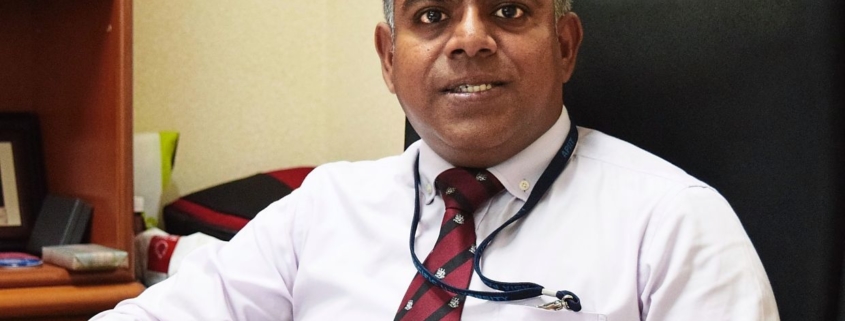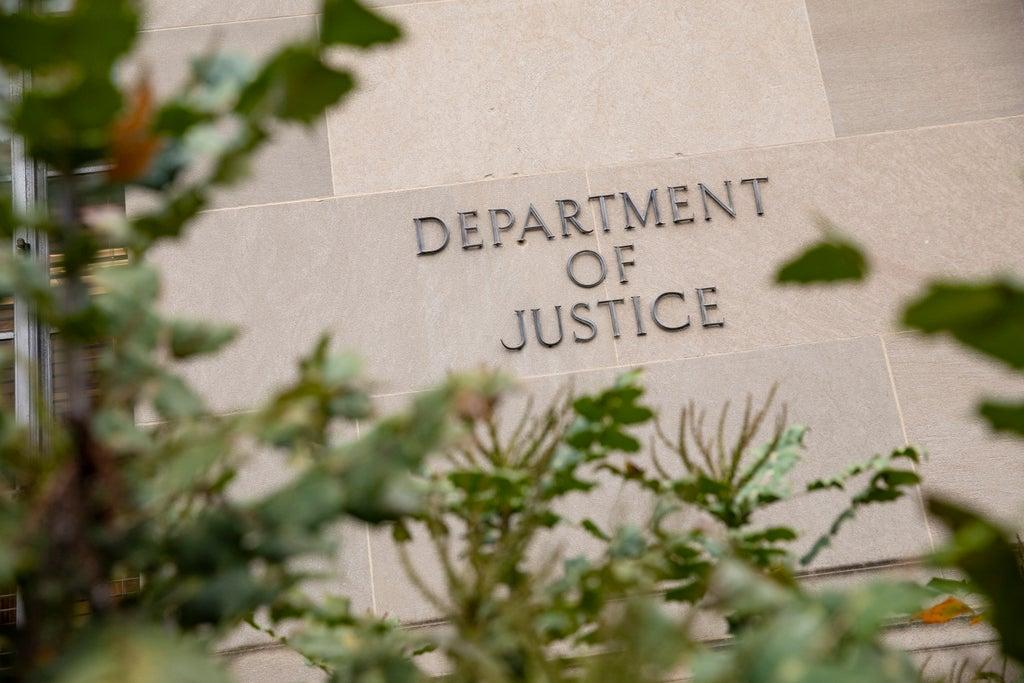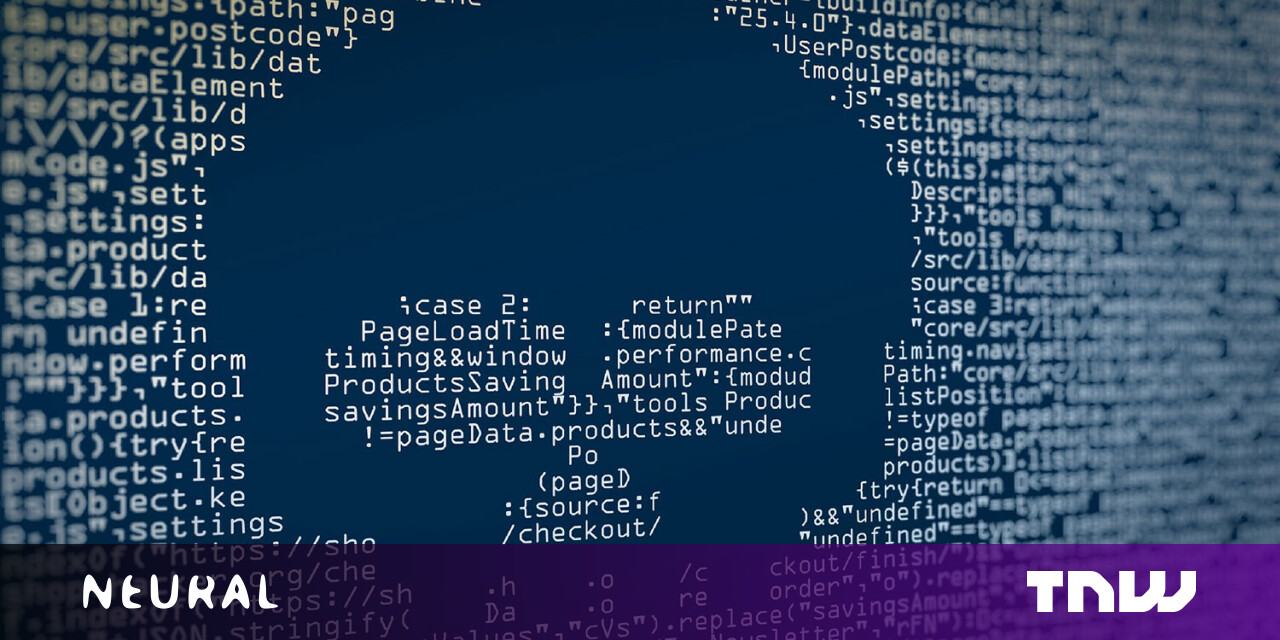Keeping companies, countries safe | The Star
CYBERSECURITY professionals shoulder the tremendous responsibility of ensuring that the cyberspace of organisations, and even countries, is safe.
Taylor’s University Faculty of Innovation and Technology School of Computer Science and Engineering lecturer Dr Kok Sim Hoong said cybersecurity graduates have the choice to work in any company or organisation that has an information and communications technology department.
“Wherever there is a sizeable use of computer system and devices, there is a need for a cybersecurity expert to support and protect it,” he said.
Cybersecurity is an optional specialisation at the university, he said, adding that they learn about secure software systems, wired and wireless network security, computer forensic and intrusion detection.
Multimedia University Faculty of Information Science and Technology Technology Transfer Office deputy director and senior lecturer Dr Ooi Shih Yin said any industry that deals with data and the Internet such as the government; technology, artificial intelligence, Internet of Things companies; the media; and retailers, will want someone with cybersecurity qualifications onboard.
“Now that teaching and learning have moved online because of the Covid-19 pandemic, even the education sector is in need of a cybersecurity professional,” she said, adding that cybersecurity graduates can work in practically all sectors because of the range of computer knowledge they possess.
Besides understanding computer concepts, programming and networking, they also know data encryption, cryptography, authentication and biometrics.
“These allow students to learn access control technology which can be used in government, media, retail and education industries to govern data processing.
“They also know penetration testing and digital forensics, which equip them with skills to perform internal security audits in any industry they are in,” she said.
No longer a niche area, many tertiary higher education institutions…



